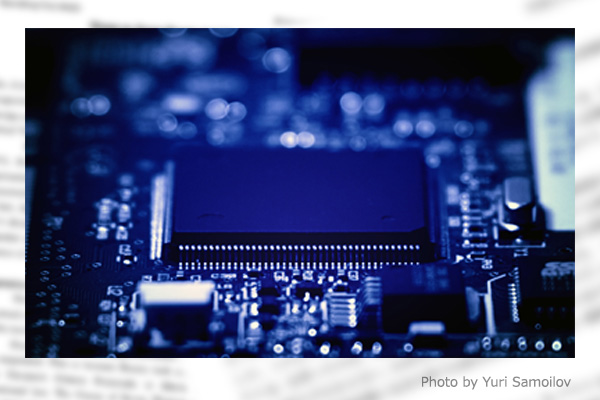It has long been said that “semiconductors are the oil of the 21st century.” It is clear that modern society cannot function without semiconductors, and any disruption in their supply would paralyze the very operations of the state. This holds true not only in the civilian field but also in the military field.
Whoever controls semiconductors controls war
In the Ukraine war, semiconductors are used for all kinds of weapons and equipment, from fighter jets, missiles, drones, and reconnaissance satellites to computers to support cyber warfare. Each fighter jet is equipped with thousands of semiconductor chips. Semiconductors are an essential element that affects the performance of weapons as their brain.
For this reason, Group of Seven and other Western countries have imposed restrictions on the export of semiconductors and other dual-use goods to Russia since the start of the Ukraine war. However, the effectiveness of such restrictions is limited. In fact, these goods flow from China to Russia through loopholes via third countries such as Kazakhstan and Armenia.
Future warfare is expected to shift to “intelligentized warfare” that would be based on outer space and cyberspace and make full use of artificial intelligence and massive drones. High-performance semiconductors will play a central role in such warfare. It is no exaggeration to say that “whoever controls semiconductors controls war.”
Effective cooperation between Japan, the U.S., Taiwan, and other democracies
Taiwan is the most advanced manufacturer of high-performance semiconductors. However, a breakdown of the semiconductor industry shows that the United States excels in designing, Japan and the Netherlands in manufacturing equipment, and Taiwan and South Korea in manufacturing itself.
If Japan, the United States, and Taiwan, together with the Netherlands, South Korea, and other democracies that share a division of labor in the semiconductor industry, form a coalition in the form of a “semiconductor alliance” to counter autocracies and strengthen cooperation in both technology and supply chains, it would serve as an extremely effective means of strategic deterrence.
The Japanese government is now working to strengthen its production capacity both for high-performance and general-purpose semiconductors from the perspective of economic security. From the perspective of military deterrence, however, national-level leadership remains insufficient.
When updating the three strategic documents including the National Security Strategy and National Defense Strategy expected next year, the government should set out a clear strategic vision to deter war, beyond economic security, through the semiconductor alliance. This is the way to solidify Japan's national security.
Kiyofumi Iwata is a member of the Planning Committee at the Japan Institute for National Fundamentals. Formerly, he served as Chief of Staff of the Japan Ground Self-Defense Force.


